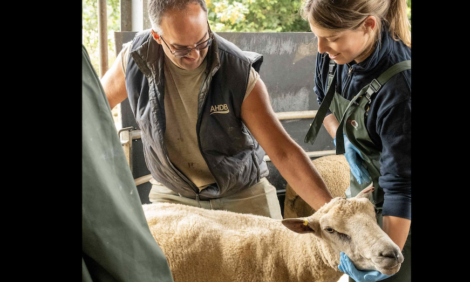



€7.4 Million To Bring New Life To Infertile Dairy
IRELAND - The greatest problem facing the dairy industry today, at primary production level, is the continuing decline in cow fertility. Low fertility leads to reduced milk yields, increased labour and veterinary costs, increased culling of cows due to failure to become pregnant and the resultant loss of income to dairy farmers.It is also implicated in the decreasing competitiveness of the Irish dairy industry, which results in increased numbers of people leaving dairy farming with negative consequences to both the industry and fabric of rural communities in Ireland.
And while milk prices are at an all time high at present, the future globalisation of agricultural markets has the potential to reverse this and put increased pressure on dairy farm income. It is imperative therefore, to address the critical problem of low fertility in dairy cows in order to have a positive impact on the Irish dairy sector which is responsible for over a quarter of all food exports and is a major contributor to the prepared food sector (22% of total exports),
Low fertility is mostly a result of events before or after insemination. And to overcome these barriers we require a greater understanding of the biochemical and cellular processes behind the co-ordinated physiological regulation of ovarian, oocyte, embryo and uterine function at this important time.
With a recent grant award of €7.4 million from Science Foundation Ireland (announced on 13 November 2007), a group of internationally recognised scientists from University College Dublin (UCD) and Teagasc, along with industry partners Pfizer and Biotrin Technologies, will focus on investigating the biology of peri-ovulatory and post ovulatory events that lead to the establishment of pregnancy in the dairy cow.
Source: innovations report


